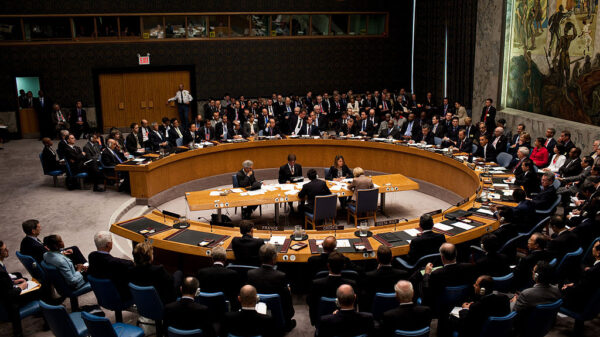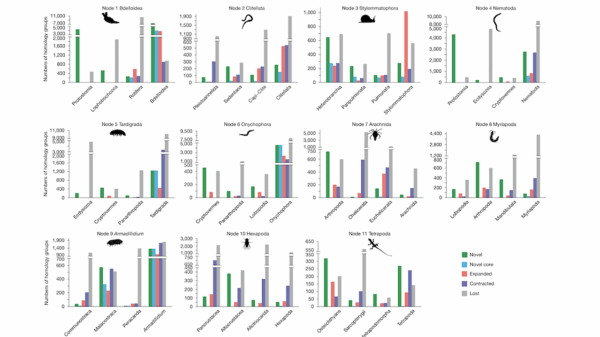The ongoing climate crisis continues to intensify as the U.S. federal government adopts policies that contradict global trends towards sustainability. Recently, significant shifts in funding and research have raised concerns among environmental advocates. These changes reflect a broader denial of the escalating climate emergency, impacting both domestic and international efforts to combat this pressing issue.
U.S. Policy Changes Amid Climate Denial
Under the current administration, the focus has shifted away from addressing climate change, with reports indicating that crucial data and monitoring systems are being dismantled. Funding previously allocated for emergency response initiatives is being redirected towards building facilities for deportations, demonstrating a dramatic pivot away from climate resilience. As a result, billions of dollars that could have supported renewable energy projects are now being funneled into fossil fuel and nuclear energy ventures.
This approach not only undermines the United States’ commitment to global climate goals but also places it at odds with other nations that are actively pursuing renewable energy solutions. According to environmental experts, the administration’s actions are characterized by a refusal to acknowledge the scientific consensus on climate change, effectively making denial a part of federal policy.
Global Climate Events Highlight Urgent Need for Action
While U.S. policy regresses, the rest of the world faces increasingly severe climate events. In recent weeks, northern India experienced flash flooding after receiving over 8 inches of rain, devastating a tourist town and destroying multistory buildings. Similarly, northern China saw over 23 inches of rain, affecting more than 300,000 people and damaging thousands of homes and infrastructures.
The impacts are not limited to Asia. New York City encountered 6 inches of rain in a single day, disrupting subway services and causing widespread chaos. South Africa is engaged in cleanup efforts following severe flooding, while the western United States grapples with nearly 120 active wildfires. In Canada, close to 600 wildfires are burning, leading to hazardous air quality conditions across the northeastern U.S.
As extreme weather events increase, it is clear that the climate crisis is not a distant threat but a current reality. The alarming rise in flooding, heatwaves, and wildfires underscores the necessity for immediate and effective policy responses.
The stark contrast between the U.S. approach and that of other nations is evident. China has emerged as a leader in renewable energy, producing 80 percent of the world’s solar panels and a significant share of electric vehicles. This shift highlights the urgent need for the U.S. to align with global efforts to transition towards sustainable energy sources.
In light of these developments, environmentalists warn that continued denial of climate change will only exacerbate suffering and damage to ecosystems. As Crispin B. Hollinshead notes, “Being at war with a fact is the root of all suffering.” The reality is clear: a habitable environment is essential for the survival of society and the economy.
As countries worldwide grapple with the escalating climate crisis, the U.S. administration’s current trajectory raises serious concerns about its long-term implications. The need for a coordinated global response has never been more urgent, as the consequences of climate inaction become increasingly severe.



































































